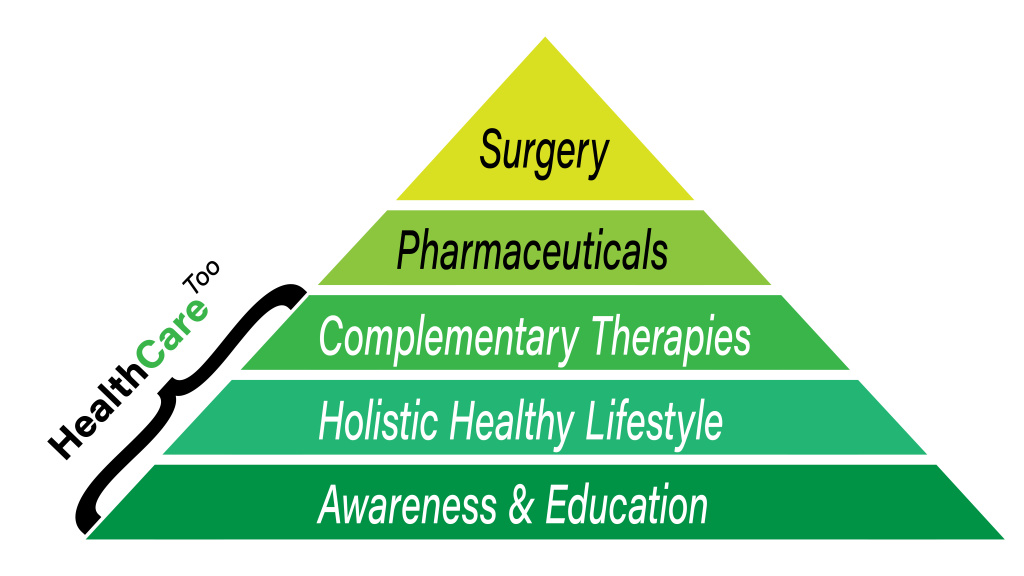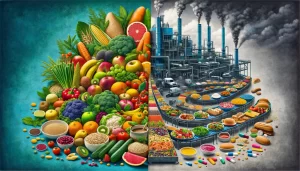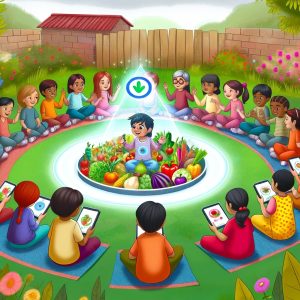Food Clock
Just like not all calories are created equal, neither are meal times. Our bodies are not mechanical but are organic and have a food clock. When we eat as well as what we eat greatly determines our health.
Most of us know what we eat can impact our waistlines. But what about when we eat? Wellness guru Michael Roizen, MD, says it’s time we start paying attention to our ‘food clock.’
“As we eat late, we get fat,” Dr. Roizen says. “It adds to our waist size, it adds to inflammation and it adds to type 2 diabetes. Studies show people gain weight when they eat calories at night.
”Why the time of day makes a difference
Our bodies become more insulin resistant throughout the day, Dr. Roizen explains. This means sugar stays in your bloodstream and is transformed into fat. That’s why, he says, it’s best to avoid eating after dark.
In fact, he recommends eating 75 percent of our daily calories before 2 p.m., with breakfast and lunch being our largest meals, and dinner the smallest. Before long, Dr. Roizen assures, it will become habit.
Source: It’s Not Just What You Eat ― But Also When ― That Matters – Health Essentials from Cleveland Clinic
You may also enjoy Intermittent Fasting Study: Why When You Eat Might Matter




